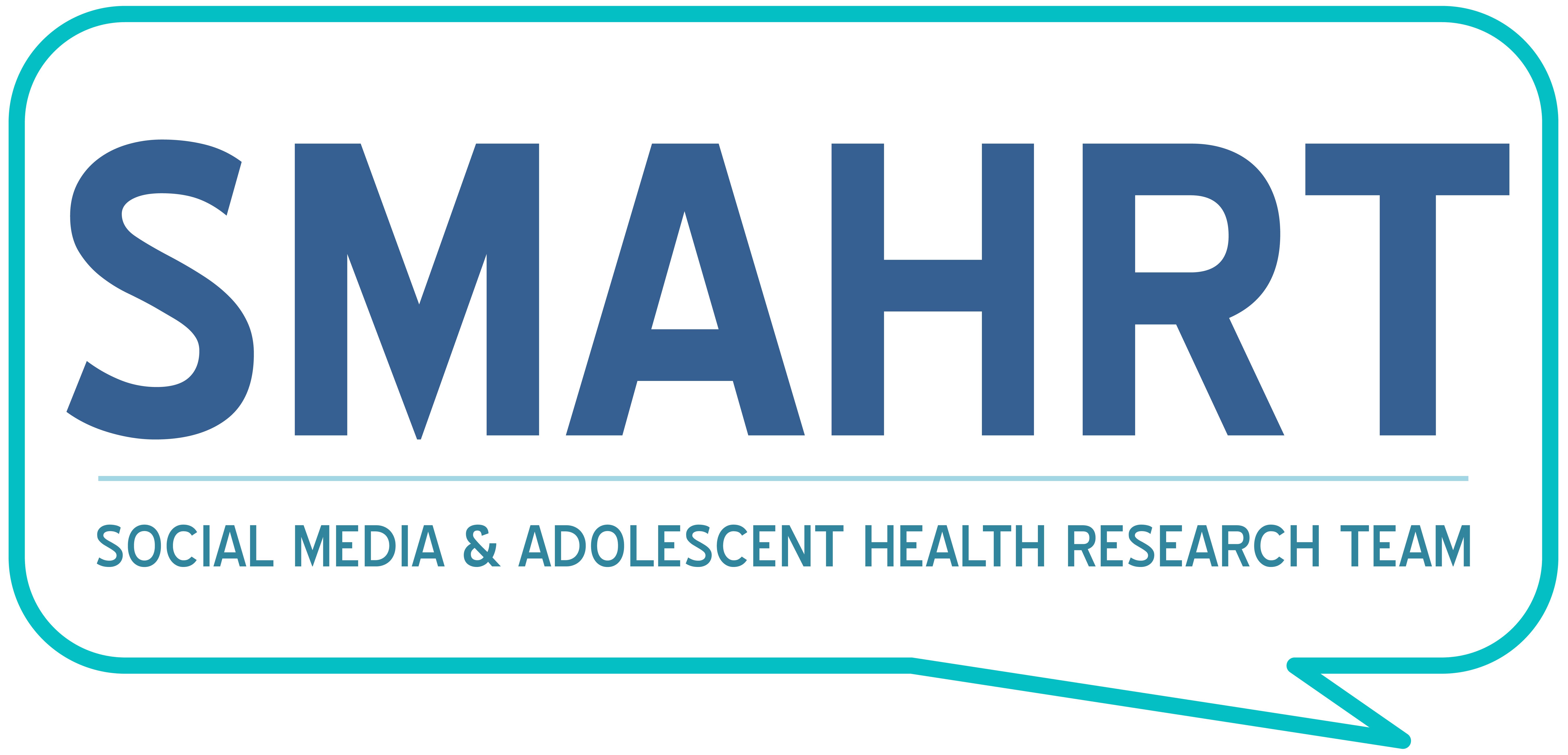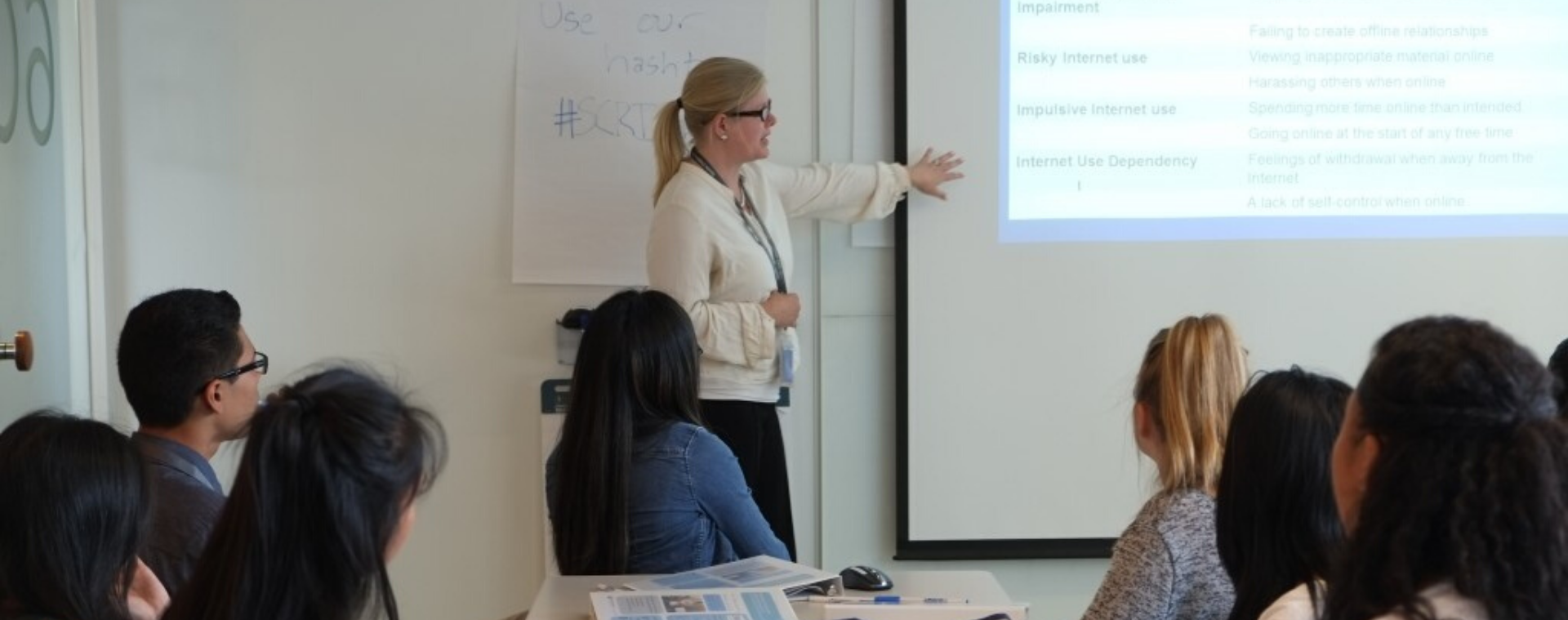Written by: Garrett Waterman
The Research Society on Alcohol (RSA) is a national organization committed to understanding alcohol related problems in order to promote effective, research-based interventions. SMAHRT’s involvement with RSA dates back over a decade. With RSA’s 46th annual scientific meeting coming up on June 24th, we’re excited to outline the impact of collaboration within health research and the SMAHRT projects being presented there.
The RSA annual conference provides a venue for peer collaboration and research dissemination. To answer questions such as: how do alcohol references on social media affect behavior? – requires a deep understanding of existing literature and access to quality data. For this reason, it is important to share novel findings and disseminate new research – both to receive feedback and inspire future research. The search for answers in one study may generate a litany of other questions which cannot be accurately described within the scope of one paper. For example, SMAHRT’s Using Media to Understand Mechanisms of Behavior Change study, funded by an R01 grant received in 2011, sought to “understand how and why people share health information about substance use”. This single longitudinal project yielded 24 papers over the course of 11 years. Additionally, SMAHRT’s findings during the 11 year period inspired two subsequent projects: The Social Media and Health Information (SMAHI) study and the Technology and Young Adult Health (TYAH) study. With the relative novelty of alcohol research on social media, it is important to be reminded that research does not happen in a vacuum.
The RSA conference provides an opportunity for researchers “to enhance all aspects of their life as a researcher, teacher, and human being,” according to Dr. Megan Moreno, Principal Investigator of the SMAHRT team. As a researcher, conferences such as RSA can inspire future studies, provide an opportunity to discuss shared areas of research, and act as a forum for making new connections. RSA attendees, while all interested in alcohol research, come from diverse backgrounds. They may interpret research in novel ways that could inspire a new direction. As an investigator, these conferences represent an opportunity to educate a national, if not global, audience. Sharing research necessitates a concise translation of statistics and their implications in healthcare. According to Reese Hyzer, Research specialist and PHD student at SMAHRT, an investigative role allows the researcher to step “out of the weeds” of research and focus on the bigger picture. Finally, these conferences represent a travel opportunity that may offer new perspectives on the greater impact of health research. Whether it be finally meeting colleagues in person or just networking at the coffee stand, these conferences provide the human interaction that highlights the greater picture of health research.
To spotlight SMAHRT’s participation at this year’s RSA conference, I spoke to Reese Hyzer about her ongoing research. Hyzer is presenting an abstract which explores “[mental health] references and their associations with general and problematic alcohol references among [adolescent and young adults] on social media”. You can attend Hyzer’s session on Tuesday, June 27th.
Two additional SMAHRT attendees will be presenting research at RSA. Dr. Chelsea Olson will be sharing her research on the “Associations Between Cyberstalking Victimization Experiences and Problematic Alcohol Use” on Monday the 26th, as well as research on “Safety, Abstinence, and Moderation Social Media Alcohol Displays by Young Adults” as part of a symposium on “Novel approaches to examining the effects of both mass media and social media on alcohol use among adolescents and young adults.” Marina Jenkins will be presenting her research on “Tobacco, Cannabis, and alcohol social media displays among young adult alcohol users” on Tuesday the 27th, with an additional poster describing “prevalence and characterization of maternal polysubstance use in the U.S” that will be shared on Wednesday the 28th.
Follow us on social media @SMAHRTeam for more updates and information about these projects being presented at RSA this June.


